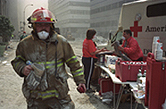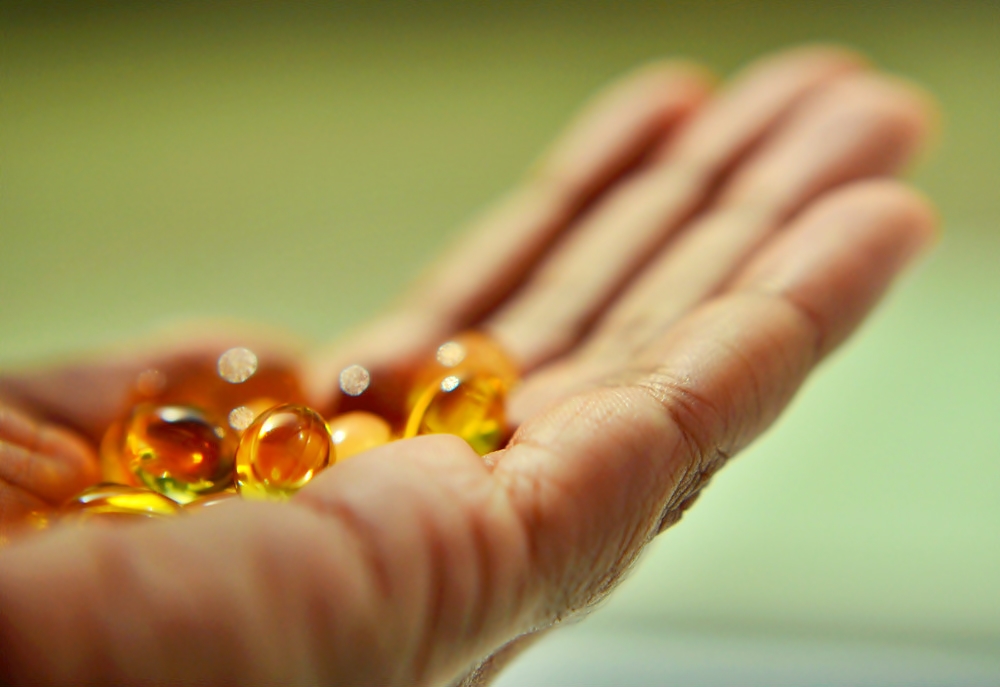
SATURDAY, Nov. 9 (HealthDay News) — Some first responders who toiled at the World Trade Center site after the Sept. 11, 2001, attacks are now showing signs of early kidney damage, a preliminary study finds.
Experts said it’s the first time evidence of kidney trouble has been found in 9/11 first responders, and more study is needed before kidney disease is added to the list of health problems connected to the disaster.
The study included 183 first responders who have been monitored in a World Trade Center health program at the Mount Sinai School of Medicine in New York. Doctors found that workers who spent the most time in the toxic plume at the disaster site showed relatively high levels of a protein called albumin in their urine.
Those urine tests were taken last year — 11 years after the attacks, said study author Dr. Mary Ann McLaughlin.
Her team found that workers with the highest exposure to polluted air from the disaster site showed significantly higher albumin levels than those who spent the least time at Ground Zero.
“It’s very high exposure that seemed important,” said McLaughlin, who is scheduled to present her findings Saturday at the American Society of Nephrology annual meeting in Atlanta. Research presented at medical meetings is considered preliminary until published in a peer-reviewed journal.
In this study, “high exposure” meant responders who had been at the World Trade Center on 9/11, and then stayed for recovery operations for at least 90 days, McLaughlin said.
The air around the disaster site was filled with smoke, dust, glass fibers and heavy metals, and it’s possible that inhaled debris — plus the immune system’s inflammatory response to it — caused damage to the lining of the arteries in some workers, McLaughlin said.
And that, in turn, could affect kidney function. When the kidneys aren’t working properly, albumin can leak into the urine — in what doctors call albuminuria. Persistent albuminuria signals some degree of kidney disease.
A kidney disease expert agreed that inflammation triggered by air pollutants could be involved in the new findings, but it’s not a definitive discovery.
“Additional research would be needed to try to tease apart the impact of [air pollution] on albuminuria,” said Dr. Kerri Cavanaugh, of the Vanderbilt University Medical Center in Nashville, Tenn.
Cavanaugh said it’s too early to give any general recommendations based on the study. “It generates a hypothesis about particulate matter and the potential association with kidney disease,” she said.
Other health consequences of 9/11 have been more firmly established. Soon after the attacks, some first responders and others near Ground Zero started showing the type of health effects you would expect in the short term, McLaughlin said. Those included asthma and other respiratory problems, and mental health conditions such as post-traumatic stress disorder.
But other health effects could take years to manifest themselves. Just last year, certain cancers were added to the list of conditions covered by the 9/11 Victim Compensation Fund.
McLaughlin said these latest findings suggest there’s a “linear relationship” between exposure to the World Trade Center site and early signs of kidney dysfunction. What that could ultimately mean for first responders’ health is not yet clear. But a urine test to detect albumin is simple and inexpensive, McLaughlin said.
“First responders should seek care as directed by their providers,” Cavanaugh said.
In general, she said, albuminuria screening is not recommended for healthy adults. But it is suggested for people with established risk factors for kidney dysfunction, including diabetes, high blood pressure and a family history of kidney disease.
Mount Sinai is home to one of the so-called clinical centers of excellence that were set up to monitor the health of first responders, recovery workers and residents affected by the World Trade Center attacks. The programs are also collecting data to try to get a handle on the long-range health risks.
“Even though 9/11 was over a decade ago,” McLaughlin said, “some of the effects could be lifelong.”
More information
The National Kidney Foundation has more on albuminuria.
Copyright © 2026 HealthDay. All rights reserved.

